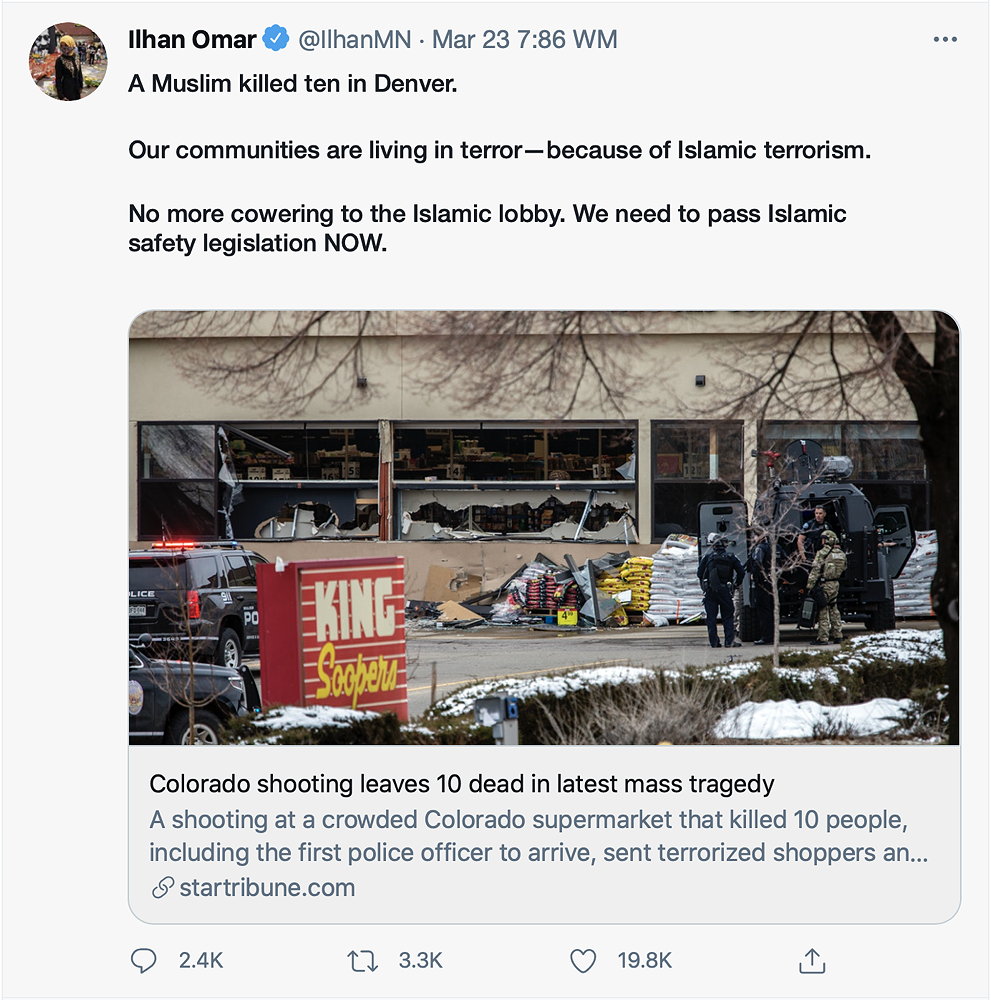Speaking about curfews
Walkerville Weekly Reader (Speaking about curfews)
well this is not a comment its just that ive got my exams at the moment and i need some help for my english exam i need to give a speech about cerfews and i really am stuck i really do hope that u can help i have 2 days to do this please help!!!!!!!!!!
aiyasha
Comment on Destroy the children to save them: Curfew struck down as “too restrictive”, ACLU says curfews are okay, and police wonder what to do about blacks without the law.
More Voices
- Walkerville Weekly Reader wins journalism accolades
- The Reader’s article on Springsteen’s arrest wins award for telling essential truths: The Most Gratuitious Use of the Word Nigger in a Serious Newspaper, presented by Ken Boris of the Main Stream News Association.
- Confirming “blood in the streets”
- don from Gilbert, Arizona questions our sources.
- Part of a Superior Race
- “do us all a big favor... let the kkk along”
- Bush is not God
- Oh, for goodness sake, get down off that crucifix. Someone needs the wood.
- National Coalition for Full Opportunity for Felons
- Walkerville Weekly Reader (National Coalition for Full Opportunity for Felons)
- 18 more pages with the topic Voices, and other related pages


Well, Aiyasha, here at the Reader we have quite a bit of sympathy for your situation, as we also write most of our articles at the last minute and with the Internet as our major research source. I recommend that you give your speech the same way any professional, objective journalist would. First, decide what conclusion you wish to come to, and then find experts to bolster your arguments. If you can’t find any experts who agree with your conclusion, make some up.
For example, let’s say that you want to make as your speech that children should be shot on sight if they are found on the streets after 9 PM. As a layperson, you might think that you should talk to child psychologists about the dangers of staying up late, but you would be wrong. A professional journalist would recognize that child psychologists know too much about this particular issue, and are thus out of touch with the average person. You need to find someone who doesn’t know too much but still looks like an expert.
One of the best ways to find such “non-expert experts” is to find victims of crimes. Once an individual is a victim of a crime, they can be called an expert in the discussion of that crime. So, you find some individuals who lost close family members to child crime. Your non-expert experts might not even support your argument, but you don’t have to mention that. Just quote them talking about their loss.
It will be best if the lost family members were children, but in your case you’ll need to skirt around the issue of what the victims were doing out past nine.
You might also find experts in unrelated fields useful. Just put them in a white coat if you ever show them on television.
Once you find two or three non-expert experts who support your argument, you’ll need to find a token opposition argument. You’ll want a very long interview with this individual. The longer your interview, the easier it will be to choose the “best” quotes from that interview. Choose statements that don’t directly address any of the issues you raised, and always follow your opposition argument with a quote from someone who lost a child.
Now, it might be that your dead children did not actually die after nine. That’s not a problem: just don’t mention it. If your opposition expert does mention it, don’t use that quote. (And don’t use that expert again either.)
If you follow this advice, you should be able to write a balanced speech with true professionalism and journalistic detachment. Thank you for writing us, and I hope your speech goes well.